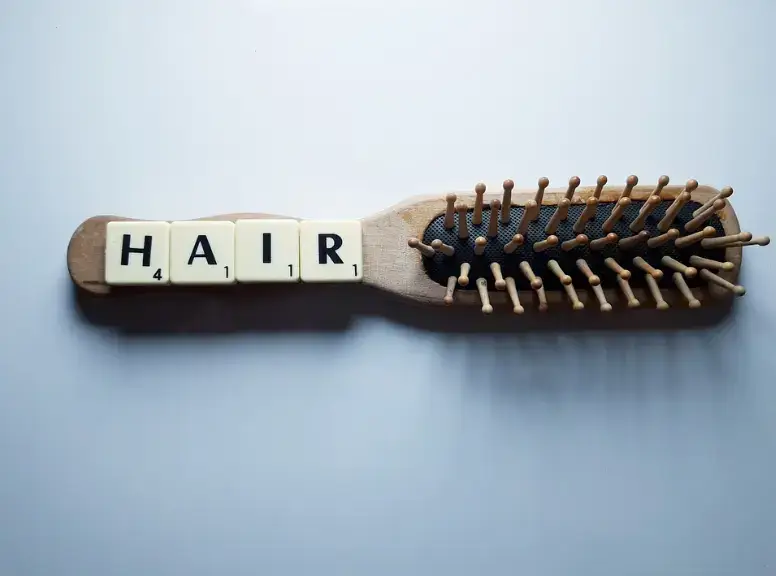Why Do Men Suffer Hair Loss?

Hair loss is a common problem experienced by many men around the world. While it can happen to anyone, regardless of age, gender, or ethnicity, men are more likely to experience hair loss than women. While hair loss may not be a medical condition, it can have significant psychological and emotional impacts on men. In this article, let us look at the reasons why men suffer hair loss.
Genetics – The Primary Cause of Hair Loss in Men
Genetics is the most significant cause of hair loss in men. Male pattern baldness or androgenetic alopecia is an inherited trait that causes hair loss. This condition affects up to 70% of men at some point in their lives. It is caused by the hormone dihydrotestosterone (DHT), which does hair follicles to shrink and eventually stop producing hair. This type of hair loss typically starts with a receding hairline, followed by thinning of the hair on the crown of the head.
Hormonal Imbalance
Imbalances in the thyroid hormone, testosterone, and estrogen can lead to hair loss. Thyroid hormone imbalances can cause hair loss because they can alter the hair growth cycle, leading to hair thinning and loss. Testosterone imbalances can lead to hair loss when they convert to DHT, which can shrink hair follicles, leading to hair loss. Estrogen imbalances can also lead to hair loss because estrogen supports hair growth, and a lack of it can cause hair to thin and fall out.
Stress And Anxiety
Stress can cause multiple health problems with hair fall being one of them. It causes the hair follicles to enter the resting phase prematurely, leading to hair loss. This type of hair loss is known as telogen effluvium. Stress can also lead to hormonal imbalances, which can cause hair loss. Anxiety can also cause hair loss by triggering a condition called trichotillomania, which is characterized by the urge to pull out hair.
Poor Nutrition
Lack of essential vitamins and minerals in the diet, such as biotin, iron, and zinc, can affect the hair growth cycle, leading to hair loss. Protein deficiency can also cause hair loss because hair is made up of protein. A diet lacking essential fatty acids can also contribute to hair loss.
Medical Conditions
Medical conditions like scalp infections, such as ringworm and folliculitis, can cause significant hair loss. Autoimmune diseases, such as alopecia areata, cause the immune system to attack hair follicles, leading to hair loss. Diseases that cause hormonal imbalances, such as polycystic ovary syndrome (PCOS), can also lead to hair loss.
Hairstyles And Hair Treatments
Certain hairstyles such as braids, cornrows, and ponytails, can cause hair loss by putting tension on the hair follicles. Chemical hair treatments, such as perms and hair straightening, can also cause hair loss by damaging hair follicles.
Age
Age is a natural cause of hair loss in men. As men age, their hair growth cycle slows down, and hair follicles shrink, leading to hair thinning and hair loss.
What Can Be Done To Address Hair Loss In Men?
While hair loss can be distressing, there are many options available to address it. Some of these include:
- Medications: There are several medications available that can slow down or reverse hair loss in men. These include minoxidil and finasteride, which work by stimulating hair growth and blocking the production of DHT.
- Hair transplant surgery: This involves taking hair from a donor area of the scalp and transplanting it to the balding areas. This is a more invasive option, but it can provide long-lasting results. You can take an appointment at the men’s hair system in Houston, TX to find out more about the process.
- Low-level laser therapy: This involves using a laser device to stimulate hair growth by increasing blood flow to the scalp.
- Lifestyle changes: Making changes to your diet, reducing stress, and getting enough sleep can all help to improve the health of your hair.
